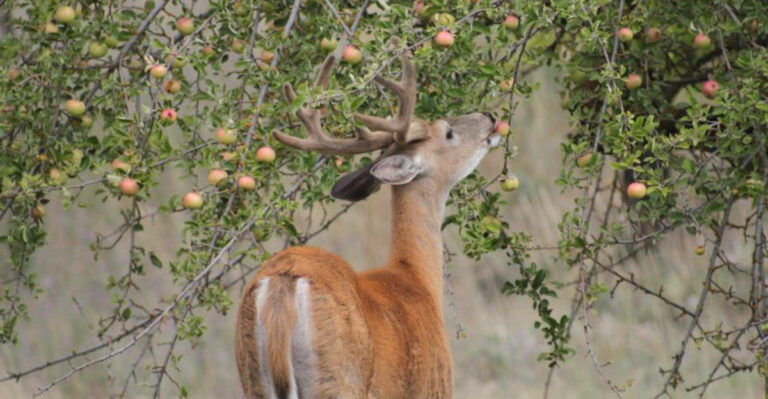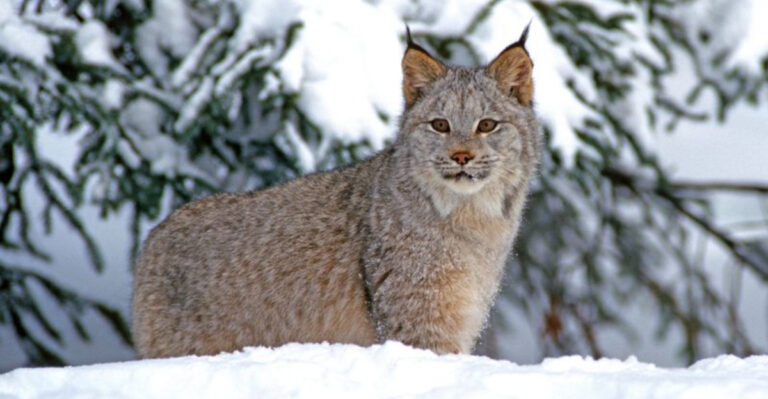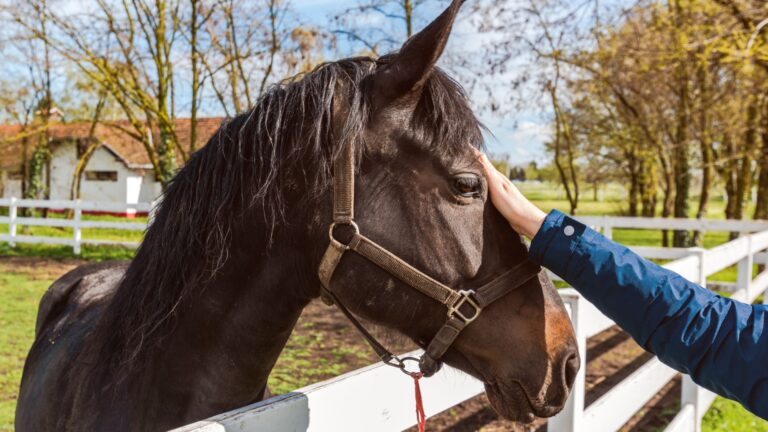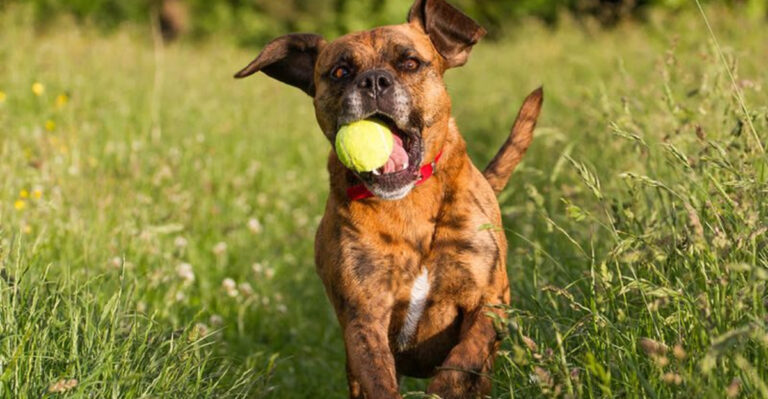8 Ways Owning A Horse Can Be Life-Changing (And 7 Ways It Can Be Challenging)
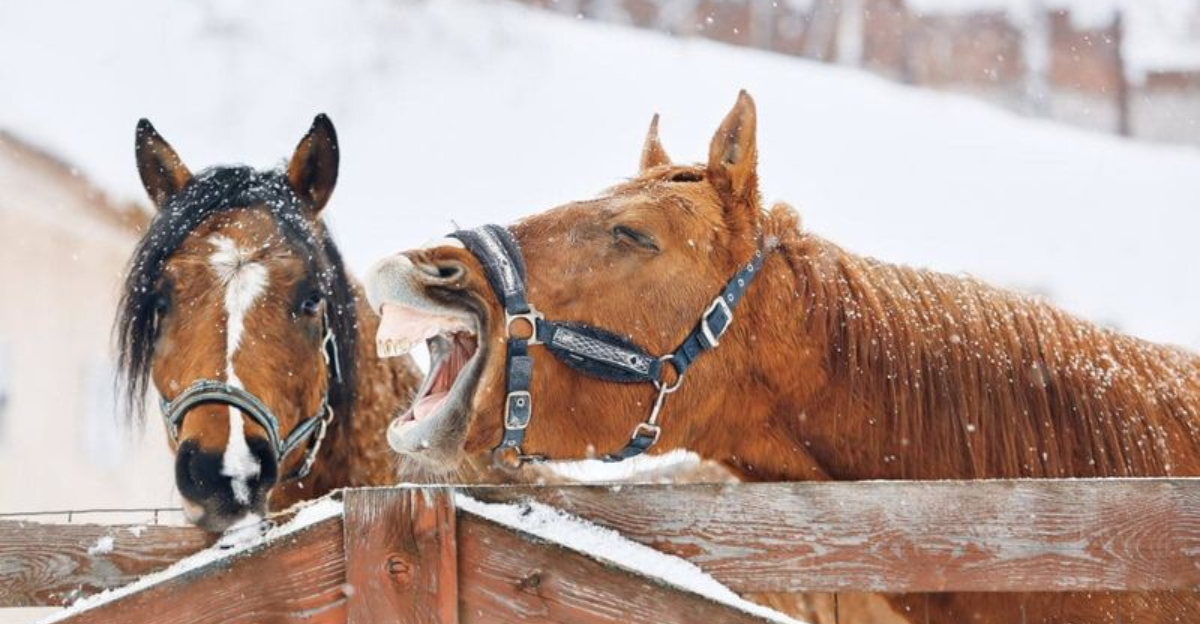
Have you ever gazed at a horse galloping freely across a field and felt something stir in your soul? Horses aren’t just animals – they’re potential partners in one of life’s most rewarding relationships.
Bringing a 1,000-pound friend into your world transforms everything from your daily schedule to your emotional well-being. But before you saddle up for this adventure, it’s worth understanding both the magical moments and muddy realities of horse ownership.
1. Emotional Bond Like No Other
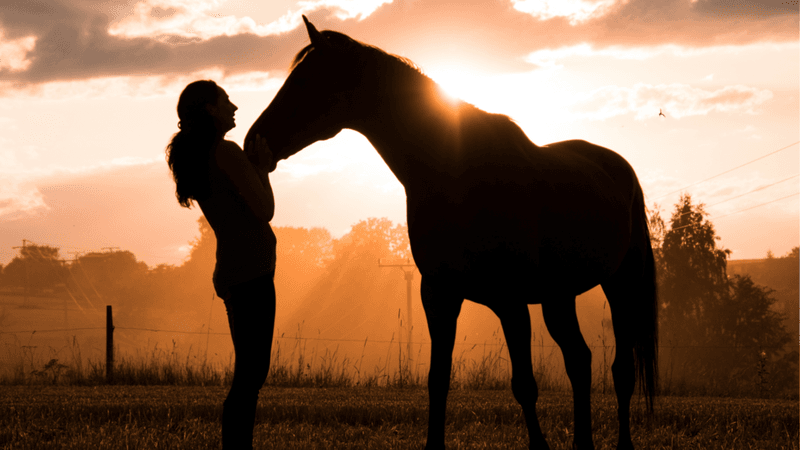
Nothing compares to the connection formed between a person and their horse. These magnificent creatures sense your feelings, respond to your energy, and develop a trust that transcends words.
Many owners describe their horse as a therapist with hooves. They listen without judgment, offer comfort through physical presence, and create a safe space for vulnerability.
2. Physical Fitness Comes Naturally
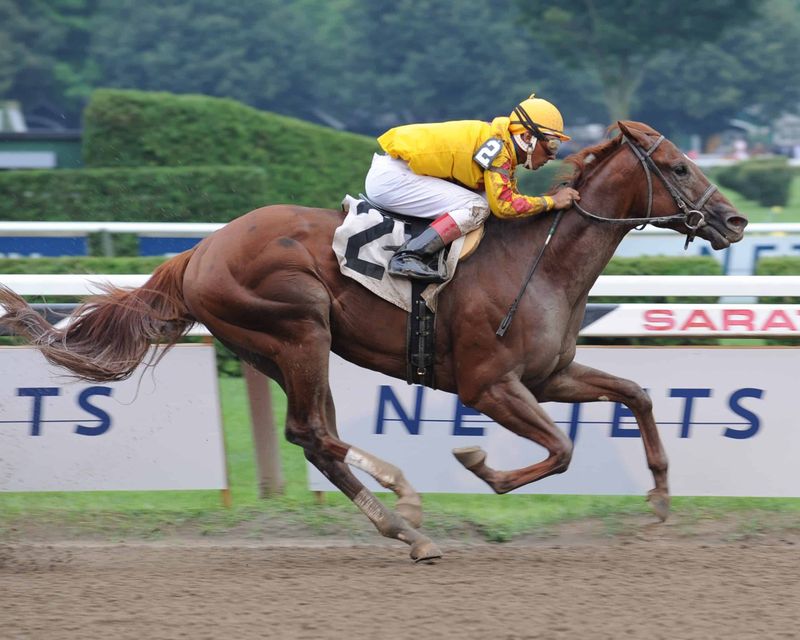
Forget boring gym routines! Horse care involves lifting hay bales, mucking stalls, and hauling water buckets. It’s a full-body workout disguised as daily chores.
Riding itself engages core muscles, improves balance, and builds leg strength. Regular equestrians develop excellent posture and body awareness without ever stepping foot on a treadmill.
3. Responsibility Shapes Character
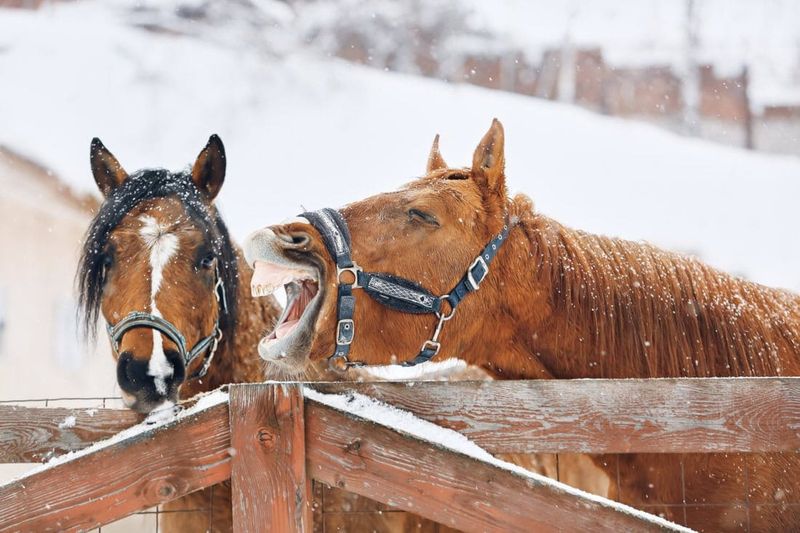
Horses depend entirely on their humans. Rain or shine, holiday or workday, they need care. This unwavering commitment builds incredible discipline and reliability in owners.
Young people who grow up with horses often develop remarkable work ethic. The non-negotiable nature of horse care teaches prioritization skills that transfer to every area of life.
4. Nature Becomes Your Second Home
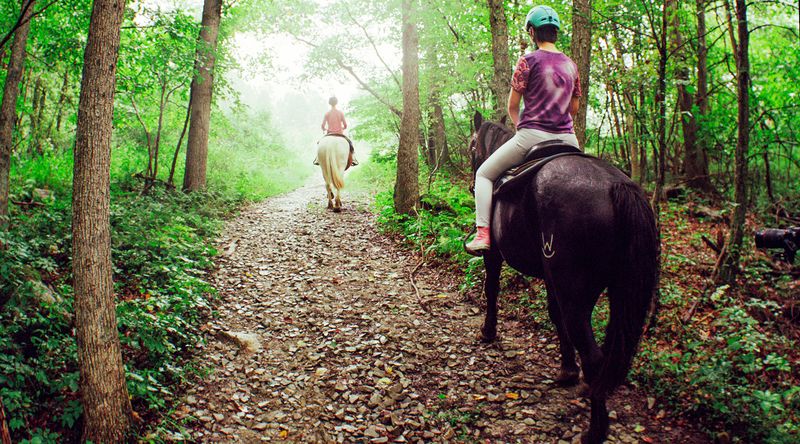
Horse ownership pulls you outdoors regardless of weather or season. Trail rides through autumn forests or summer meadows connect you to landscapes most people only see in photographs.
Many equestrians develop a deeper appreciation for environmental conservation. When your recreation depends on healthy natural spaces, you become invested in protecting them for future generations of riders.
5. Stress Melts Away in the Saddle
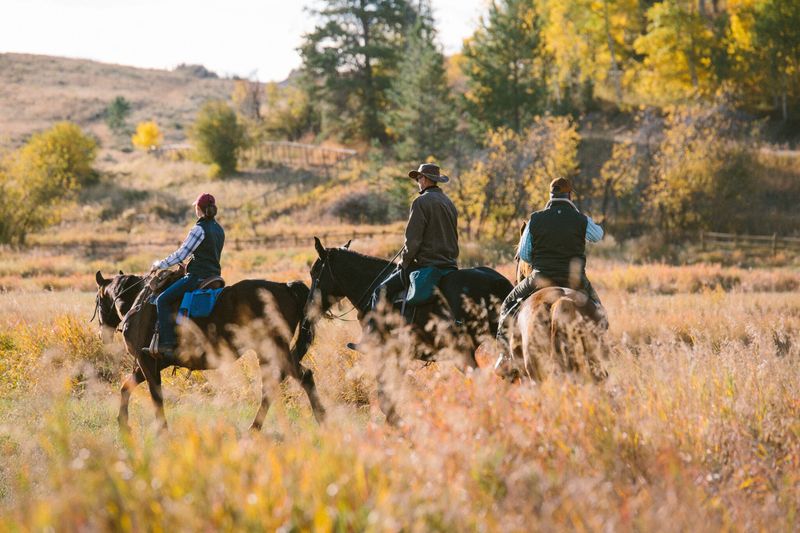
The rhythmic movement of riding creates a meditative state unlike anything else. Your focus narrows to the communication between your body and the horse’s, temporarily silencing workplace worries and family tensions.
The barn becomes a sanctuary from digital distractions. With phones tucked away and hands busy with grooming brushes, many riders experience their only truly unplugged hours here.
6. Community Connections Flourish
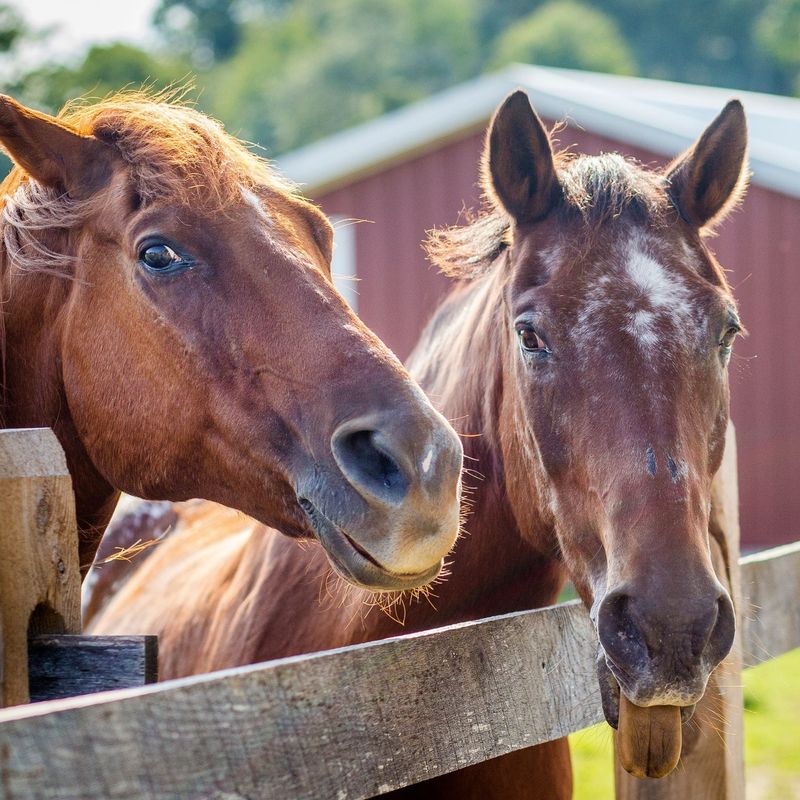
Horse people share an instant bond. From trading training tips to celebrating show victories, barn friendships often become lifelong connections that extend beyond riding.
The horse world creates community across generations. Teenagers learn from seasoned riders in their seventies, while children find mentors in college-aged instructors. Few activities bridge age gaps so naturally and meaningfully.
7. Problem-Solving Skills Sharpen
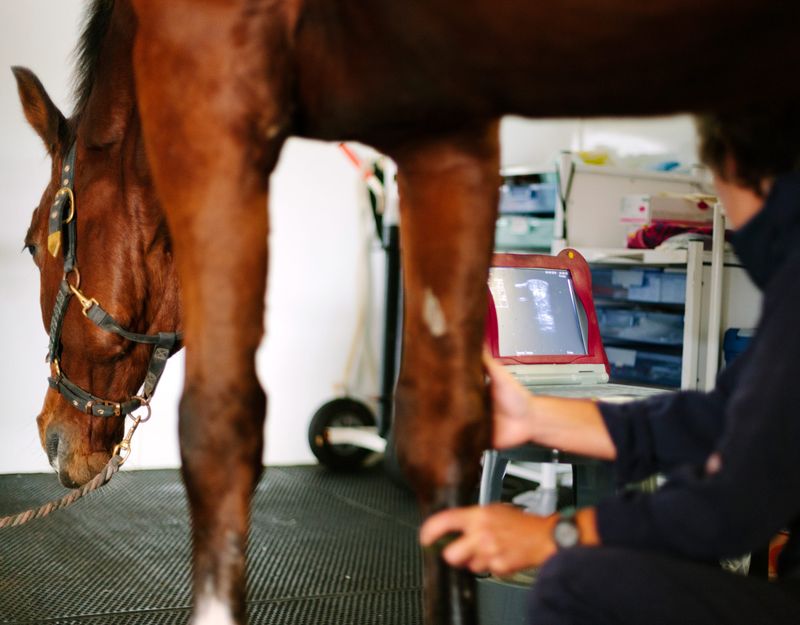
Horses present unique challenges daily. A mysteriously limping mount or suddenly spooky behavior requires detective work and creative solutions.
Experienced horse owners develop remarkable troubleshooting abilities. They learn to assess situations quickly, stay calm under pressure, and implement solutions methodically – skills that translate perfectly to professional environments.
8. Patience Becomes Second Nature
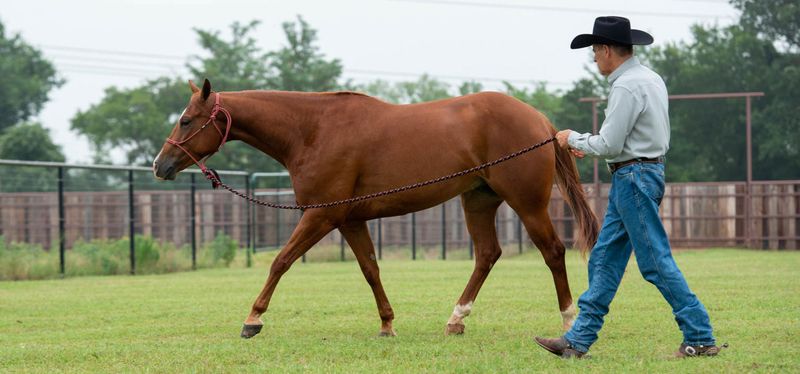
Training horses requires extraordinary patience. Progress happens in tiny increments over months or years, teaching owners to celebrate small victories and persist through plateaus.
This patience extends to all relationships. Horse owners often find themselves more tolerant of human quirks after adapting to equine personalities. The slow-paced nature of horsemanship creates a refreshing counterbalance to our instant-gratification culture.
9. Financial Strain Is Real
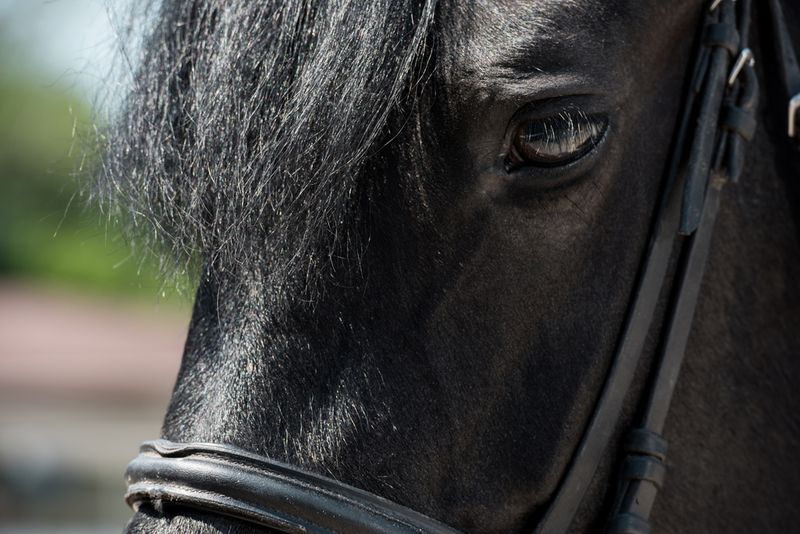
Horse enthusiasts joke about eating ramen noodles while their horses enjoy premium grain. The reality isn’t far off – basic care costs thousands annually before considering emergencies.
Unexpected veterinary bills can devastate budgets. A single colic episode might require surgery costing more than a used car. This financial pressure forces tough decisions about insurance, savings, and lifestyle priorities.
10. Time Commitment Never Ends
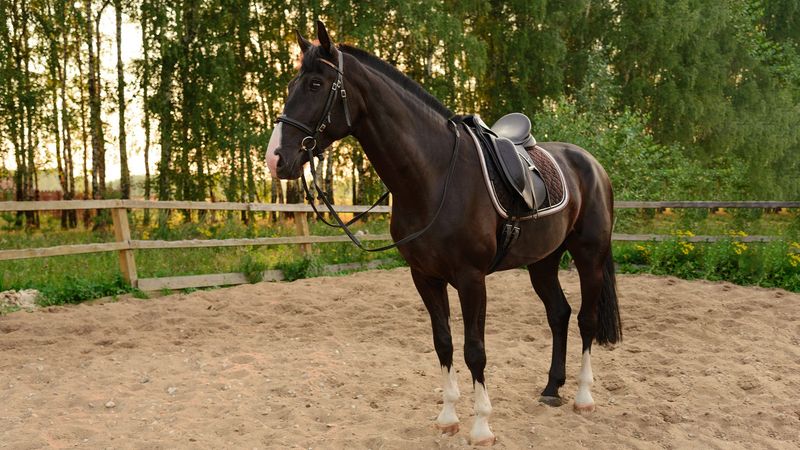
Horses require daily attention, creating a schedule that revolves around their needs. Spontaneous weekend getaways become complicated logistical challenges requiring reliable care arrangements.
Many owners make twice-daily barn trips regardless of weather or personal convenience. This constant responsibility can strain relationships with non-horse people who don’t understand why dinner plans always end early for feeding time.
11. Physical Demands Take a Toll
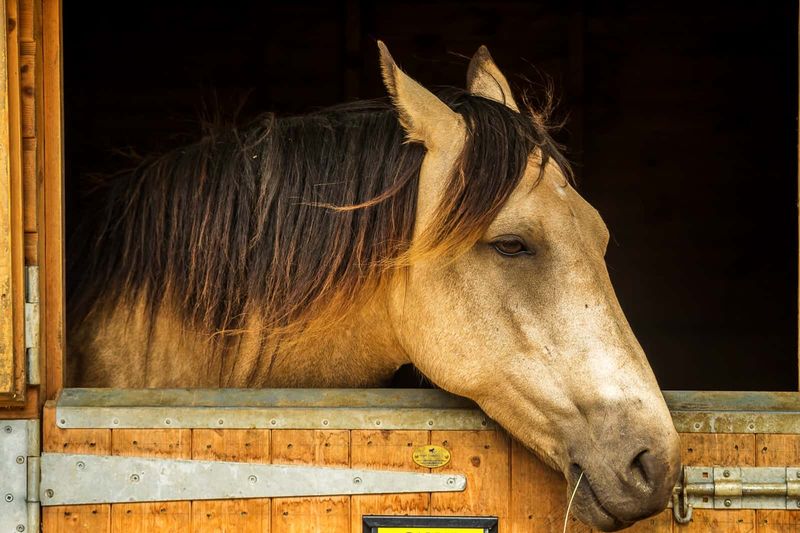
Hauling water buckets through icy barn aisles and lifting 50-pound feed bags isn’t for the faint-hearted. The physical labor of horse care challenges even the fittest owners.
Injuries happen despite precautions. From getting stepped on by a 1,200-pound animal to taking unexpected falls, most longtime equestrians sport an impressive collection of scars and stories about their mishaps.
12. Emotional Rollercoaster Intensifies
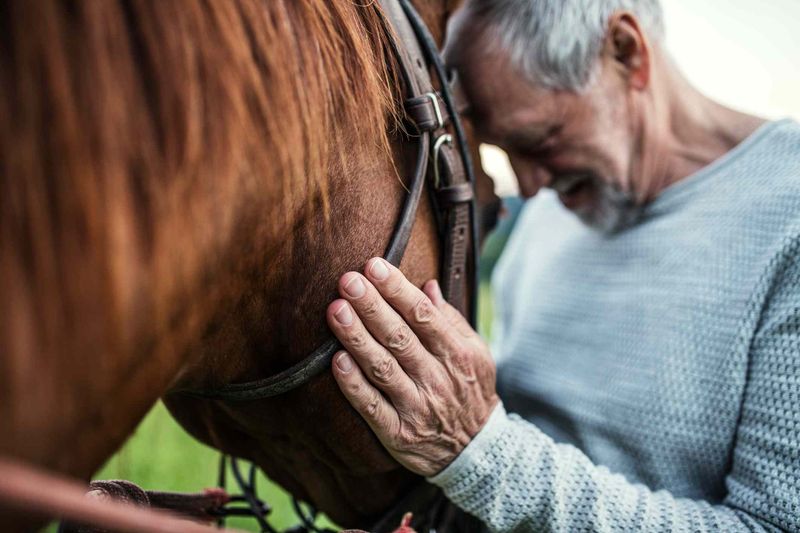
The joy of watching your horse gallop playfully contrasts sharply with the heartbreak of nursing them through illness. This emotional pendulum swings frequently for owners.
Horses live 25-30 years on average, creating profound long-term bonds. This extended lifespan means owners face difficult end-of-life decisions and intense grief that non-horse people sometimes struggle to understand.
13. Family Sacrifices Accumulate
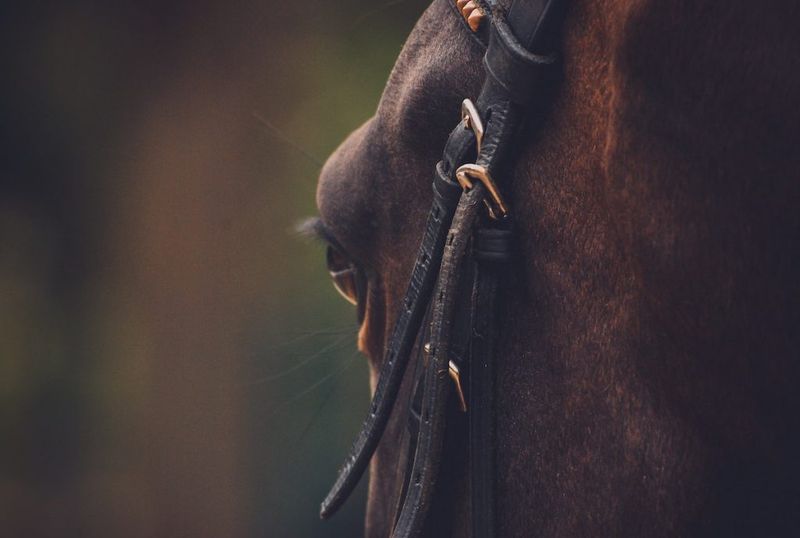
Family vacations revolve around finding reliable horse-sitters or boarding facilities. Holiday celebrations often happen around feeding schedules and barn chores.
Non-equestrian family members sometimes feel neglected when horses consume so much time and resources. Finding balance requires constant communication and compromise to ensure everyone’s needs receive attention.
14. Weather Becomes Your Enemy
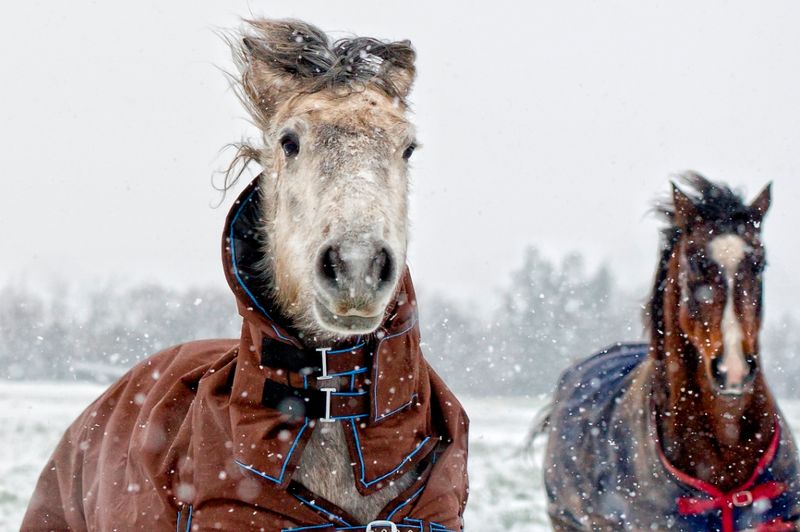
Frozen water buckets at 5am. Muddy paddocks that destroy your boots. Summer heat that makes riding impossible until sunset. Weather dictates everything in horse care.
Extreme conditions create genuine safety concerns. Ice storms make barn access treacherous, while summer humidity can cause heat stress in horses. Owners learn to monitor forecasts with meteorologist-level attention.
15. Social Life Narrows Considerably
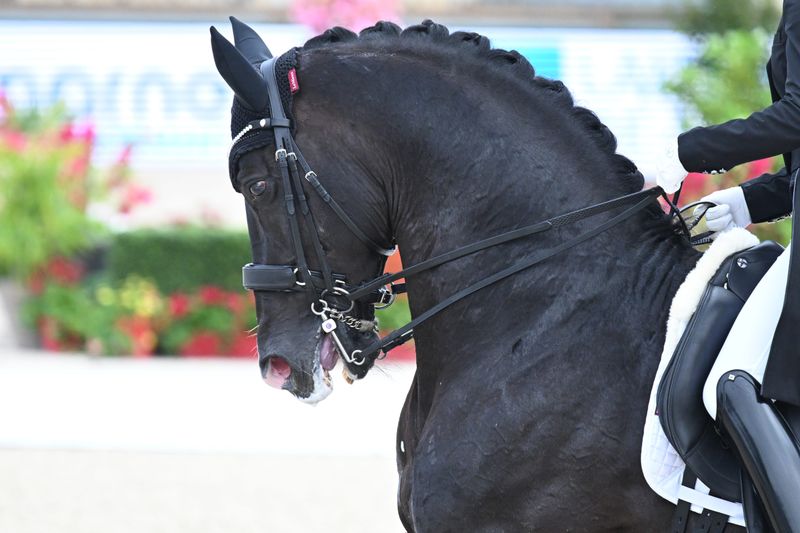
“Sorry, I can’t make it – barn night” becomes a frequent explanation to non-horse friends. Social circles often shrink to fellow equestrians who understand the lifestyle demands.
Dating becomes complicated for single horse owners. Finding partners who accept limited availability and financial priorities requires patience. Many eventually seek relationships within the horse community where the lifestyle is already understood.


